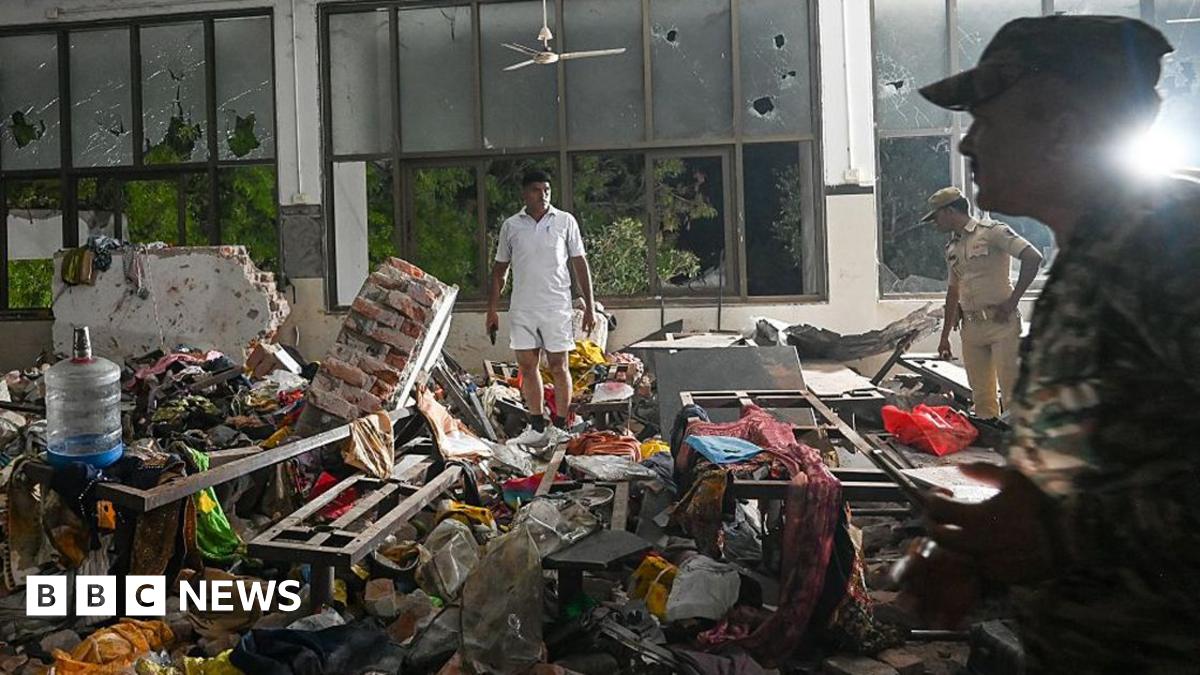Israel's Air Superiority Over Iran: A Dominant Force, But US Support Crucial for Maximum Impact

Israel's Air Power Dominates Iranian Skies, Yet Faces Challenges in Neutralizing Deep Underground Nuclear Facilities
Recent events have underscored Israel's significant air power advantage over Iran. While Israeli forces maintain control of Iranian airspace, allowing for expanded and increasingly frequent bombardments, a decisive and lasting blow to Iran's deeply buried nuclear sites remains a formidable challenge. This analysis explores the extent of Israel's dominance, the limitations it faces, and the critical role of potential US support in achieving a more comprehensive impact.
The Reality of Israeli Air Superiority
Israel's military possesses a technologically advanced air force, consistently demonstrating its ability to operate effectively within Iranian airspace. This dominance allows for relatively unimpeded strikes against targets across the country. However, the current situation is more about sustained pressure and targeted strikes rather than a complete dismantling of Iran's capabilities. This air superiority provides Israel with a strategic advantage, enabling them to respond swiftly to perceived threats and maintain a constant presence in the region.
The Nuclear Challenge: Deep Underground Facilities
The most significant obstacle to a conclusive victory lies in Iran's nuclear program, which has been strategically concealed within heavily fortified, deep underground facilities. These facilities are designed to withstand conventional aerial attacks, making them incredibly difficult to penetrate and destroy. While Israel's advanced weaponry, including precision-guided missiles and bunker-busting bombs, can inflict damage, achieving a complete “knock-out blow” to these deeply buried sites is a complex and potentially prolonged endeavor.
The US Factor: A Critical Partnership
Experts widely agree that achieving a truly decisive impact on Iran's nuclear program would require significantly enhanced capabilities, particularly those that Israel currently lacks. This is where the United States enters the equation. US support, potentially in the form of advanced weaponry, intelligence sharing, and logistical assistance, could substantially augment Israel's efforts.
Specifically, US assets like stealth bombers, advanced penetrating munitions, and sophisticated electronic warfare capabilities could prove invaluable in targeting and neutralizing Iran's hardened nuclear installations. Furthermore, the political and diplomatic backing of the US would also be essential in navigating the complex geopolitical landscape surrounding any potential military action.
Geopolitical Considerations and Potential Risks
Any escalation of conflict carries significant risks, potentially drawing in other regional actors and triggering a wider conflict. A coordinated approach, involving careful planning, diplomatic engagement, and a clear understanding of the potential consequences, is paramount. While Israel possesses the military capability to strike, the broader geopolitical implications necessitate a cautious and strategic approach.
Conclusion: A Balance of Power and Partnership
Israel's air power provides a crucial advantage in the ongoing dynamic with Iran. However, the challenges posed by Iran's deeply buried nuclear facilities highlight the limitations of unilateral action. A deeper and more lasting impact will likely require a strong and collaborative partnership with the United States, combining Israel's regional expertise with the US's advanced military capabilities and diplomatic influence. The future trajectory of the region hinges on the careful calibration of power, partnership, and strategic foresight.






